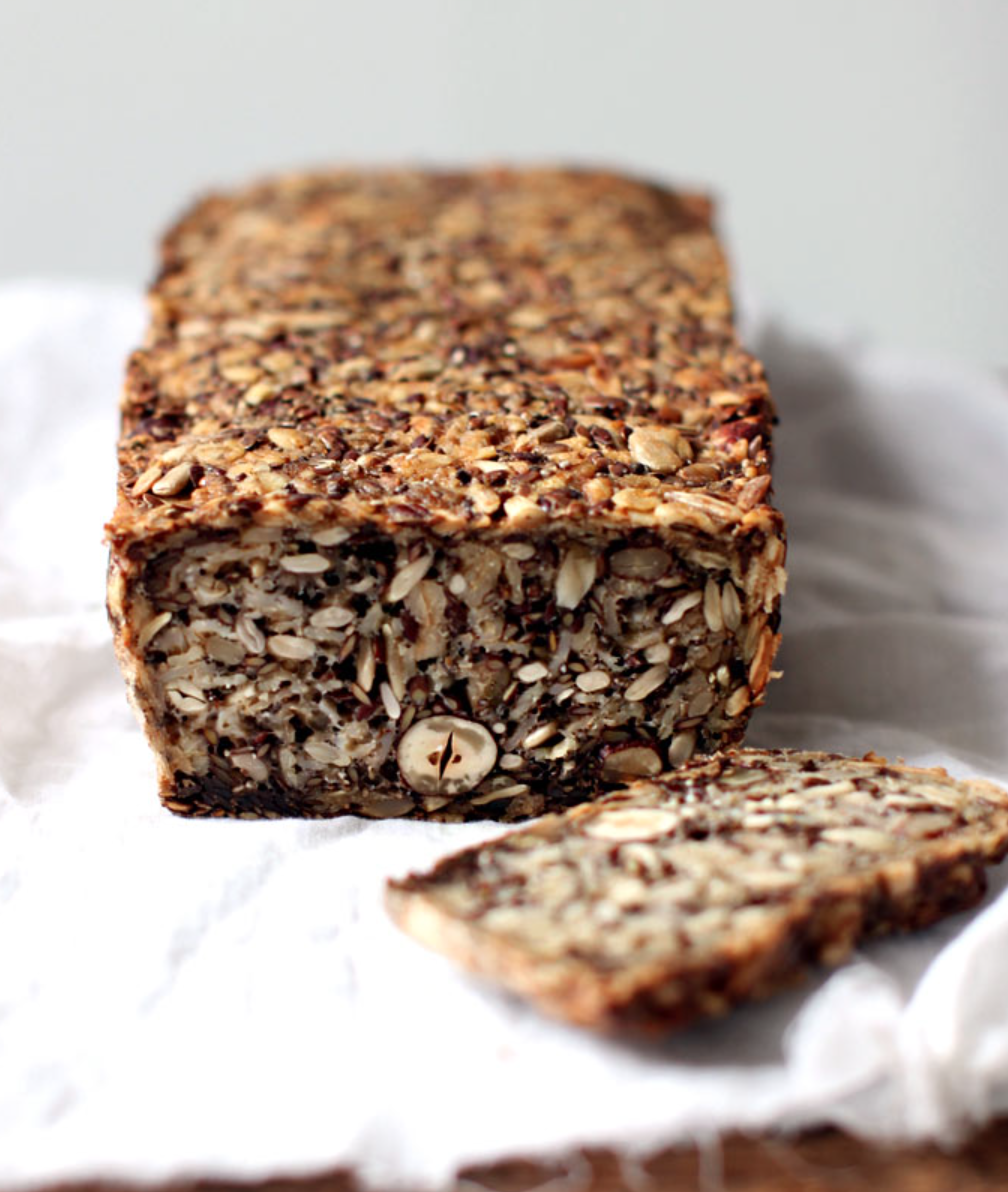Understanding Weight Loss Medications
Unveiling the nature of weight management, medications, and lifestyle changes.

A primary care membership for patients who want more. Primary Care. Nutrition. Wellness. All under one roof.
Understanding Obesity
Obesity is a chronic, multifactorial disease where an increase in body fat promotes dysfunction, resulting in adverse metabolic, biochemical and psychosocial health consequences. Obesity involves much more than weight: it’s the food we eat, it’s the hormonal and metabolic changes in our body, it’s the environment around us, and more.
Currently, the FDA has approved a number of medications for those with obesity or those who are overweight and have health problems related to excess weight. These medications work by managing eating behavior - like decreasing hunger, appetite, cravings, and GI motility, while at the same time increasing satiety and adherence, as well as balancing blood sugar - resulting in improved weight and health. Your physician can prescribe the best option for you.
Exercise and Nutrition
In an ideal world, to lose weight, we want to burn fat and retain muscle. In reality, our bodies naturally choose to lose lean muscle mass before fat mass, unless we exercise! Studies show weight training prioritizes fat burn and also helps maintain or increase muscle mass. Since our metabolism is linked to the amount of muscle we have, more muscle results in more calories burned, which is why exercise is so key to weight loss. Exercise will also help with mood, sleep, stress, productivity, and energy levels. Exercise is especially critical while on weight loss medications - Here are some tips:
- Plan for 30 minutes of physical activity every day;
- Include at least 2 days of resistance training;
- Incorporate different modalities of exercise to keep you interested and well balanced, such as cycling, yoga, pilates, HIIT, sports;
- Incorporate activities such as walking, hiking, and biking;
- Set a plan for when and where you will work out.
Navigating your appetite is going to feel different while on weight loss medication. The decreased appetite and possibility of adverse effects like nausea may contribute to inadequate nutrition - you may not eat enough! While eating less may sound like a good thing (since the goal of weight-loss medication is weight loss, after all!), inadequate nutrition will lead not only to nutritional deficiencies but also to muscle loss and decelerated metabolism. In order to avoid these unwanted effects, it is important to understand what your needs are to maintain adequate nutritional intake - Here are some tips:
- Discuss with your Care Team what adequate intake is for you;
- Set alarms and reminders for eating times, since your body may not be telling you it's time to eat!
- Focus on high-quality protein, complex carbohydrates, healthy unsaturated fats, and vegetables;
- Eat smaller, more frequent meals;
- Limit any foods causing GI distress;
- Increase hydration and fiber for GI motility.
Lifestyle
Weight loss medications can be health- and life-changing! However, it is important not to think of them as the silver bullet solution to weight-loss. No progress toward achieving weight loss goals will be sustainable without lifestyle changes that will ensure a healthier you and prepare you for life after medication. Your Care Team at The Lanby is here to help you maintain this balance and navigate this journey every step of the way!

If you're curious to learn more about The Lanby, book a free consult call and we'll chat about how The Lanby can be your personalized long term health and wellness partner.

Kendall is a graduate of the University of Mississippi, with a B.A. in Integrated Marketing Communications and a minor in Business Administration. She received her certificate of Nutrition Science from the Friedman School of Nutrition at Tufts University.

Chloe holds a bioengineering degree from the University of Pennsylvania. As a breast cancer survivor, her insights shape The Lanby's patient-centric approach. Leveraging her healthcare strategy background, Chloe pioneers concierge medicine, bridging gaps in primary care.

Tandice was recognized with the Health Law Award and named a Ruth Bader Ginsburg Scholar at Columbia Law School. Tandice's editorial role is enriched by her insights into patient autonomy and gene modification legalities. Passionate about bioethics, she is committed to crafting patient-centric healthcare solutions.





